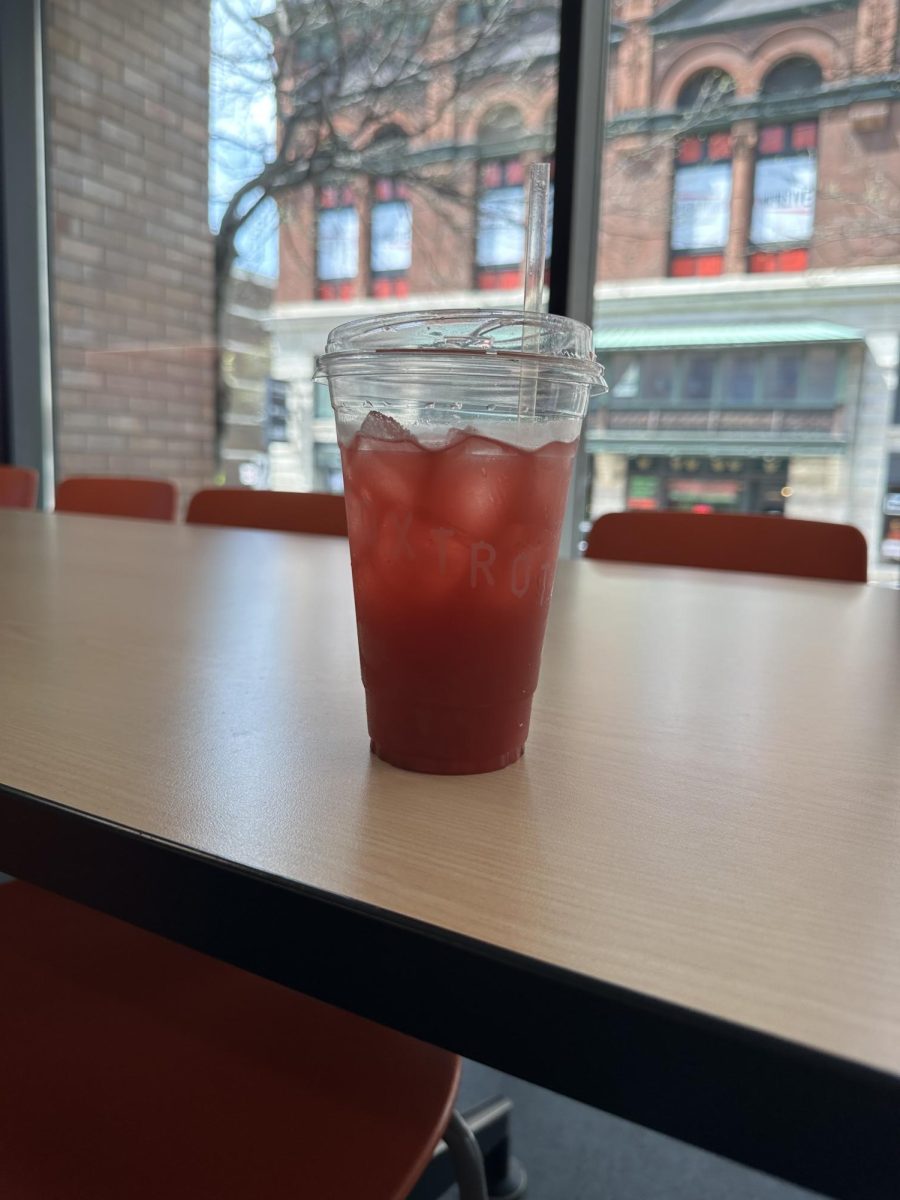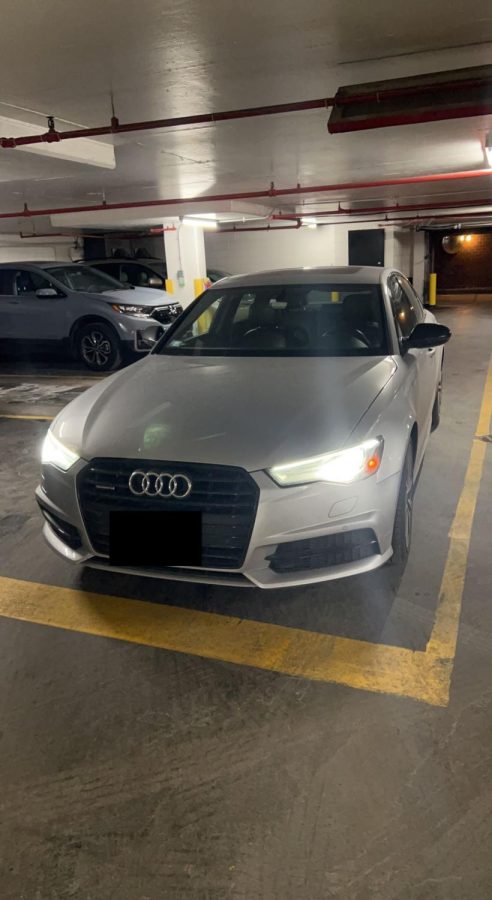Rachel Stone Features Editor I will admit this much: I didn’t know how to write an article about Anthony Shadid. I didn’t know how to write about a man who had stood three rows away from me in the theatre and who had stood in Tahir Square three seconds before history was made; a man who spoke his story into the microphone at the Latin school and who had told the world the story of a revolution; a man who risked (and gave) his life for his words. I had hoped that an angle might occur to me, a way to write reverently yet eloquently about a man who sacrificed security for stories. But it hasn’t and I don’t think it will. There are no pretty words for death. I was on the precipice of a nervous breakdown on that night in February before I heard the news, my sleep-deprived brain cells stewing in the silt of stress and sudden consequences. For the first time, things seemed to matter so much: Junior year, AP exams, attendance records, all of it. But when I read the front-page news articles about how a man who had spoken with steel in his syllables -about hope, about torture, about freedom and about his favorite hockey team- had died, I was unsure. I knew then as I did now that I could never really find the words to mourn or to celebrate him, not when I was so unworthy of his words. I couldn’t write, what with the weight of them. Anthony Shadid had stared at a nation and seen the stories. He chose to write about the people and their emotions rather than just the violence, and had maintained his optimism about the country of his ancestors, even in his hatred about what had happened to it during the “41 years of permanent joy” the propaganda had proclaimed. He didn’t do it for the CNN interviews or the Pulitzer Prizes, though he attained those too. Mr. Shadid told us himself that there was nothing exhilarating about escaping death the way he had in Libya. “Its very prospect is like poison,” he said, dropping his hands on the speaker stand. “It lingers a lot longer, and lasts long after the memories fade.” He was no martyr for his words; he didn’t relish in his heroism or his tales of being handcuffed and kidnapped in Libya with his fellow reporters, brutally bashed with the side of a gun and left in a basement with only a bag of dates. His voice had held no bravado, only unflinching honesty. He chose to give us Latin students the truth, while also giving us the beauty, pausing the breathless velocity of his story to describe the graffiti in his prison cell, graffiti that spelled “God, bring us relief,” and “ my beloved,” graffiti that was etched into the wall in sloping foreign script. Perhaps this is what was worth it to him, the knowledge that in the midst of death and violence there was still beauty; that there are more important things in life than colleges or championships or first dates or failures. There are stories. There are truths. There are words.]]>
Categories:
Remembering Anthony Shadid
March 6, 2012
0
More to Discover



















































